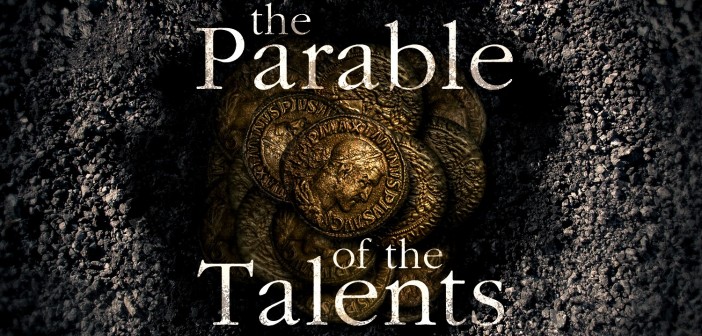As we begin thinking about fall stewardship campaigns, our minds may turn to the parable of the talents (Matt. 25:14-30), the story of a master who entrusts property to his slaves and then calls each of them to account for how they cared for his property. Some predictable sermons immediately come to mind. This time of year, talents are usually defined as our monetary gifts. God calls us to invest those gifts for the kingdom. We should not bury our money in the ground in fear, but we should release it and aggressively use it for God’s purposes. When we do, we hear the words of Jesus (at least in the old RSV) “Well done, good and faithful servant.” According to this stewardship interpretation, the faithful invest their gifts for greater return, while the unfaithful hide, protect, and maintain their gifts.
What if we as church leaders think of ourselves as stewards of congregations for Christ? Would this change the way we think about being a “good and faithful servant”?
But what if we opened up the scope of this parable to its implications for church leadership? Could we see Jesus addressing the way we lead our churches? Some of us may have a five talent church. Others have a two talent church. And still others have a one talent congregation. And what if we as church leaders think of ourselves as stewards of these congregations for Christ?
Would this change the way we think about being a “good and faithful servant”? I think it would. Based on this parable, the faithful church leader would not be the one content to conserve what is through cautious management. The faithful steward of the church would instead invest the talent of the congregation, put the church to work, and take risks. The good and faithful servant understands that the purpose of the talent is multiplication not maintenance.
Perhaps, over the years, we have quietly come to assume that faithfulness equals steady, solid management that endures over the ages, keeping the church safe, appropriate, and peaceful. Extending this parable to church leadership, we see that such a definition is exactly the opposite of what our Lord desires. Merely “managing” a church is like hiding it in the ground and giving the Lord what we received, returning it to him as he gave it to us. Instead, Christ calls all church leaders to invest the churches we have received, and demonstrate fruits of our leadership. When we have reached new people for Christ, served the poor and oppressed, and modeled justice and righteousness, then will the risen Lord say to us, “Well done, good and faithful servant.”







